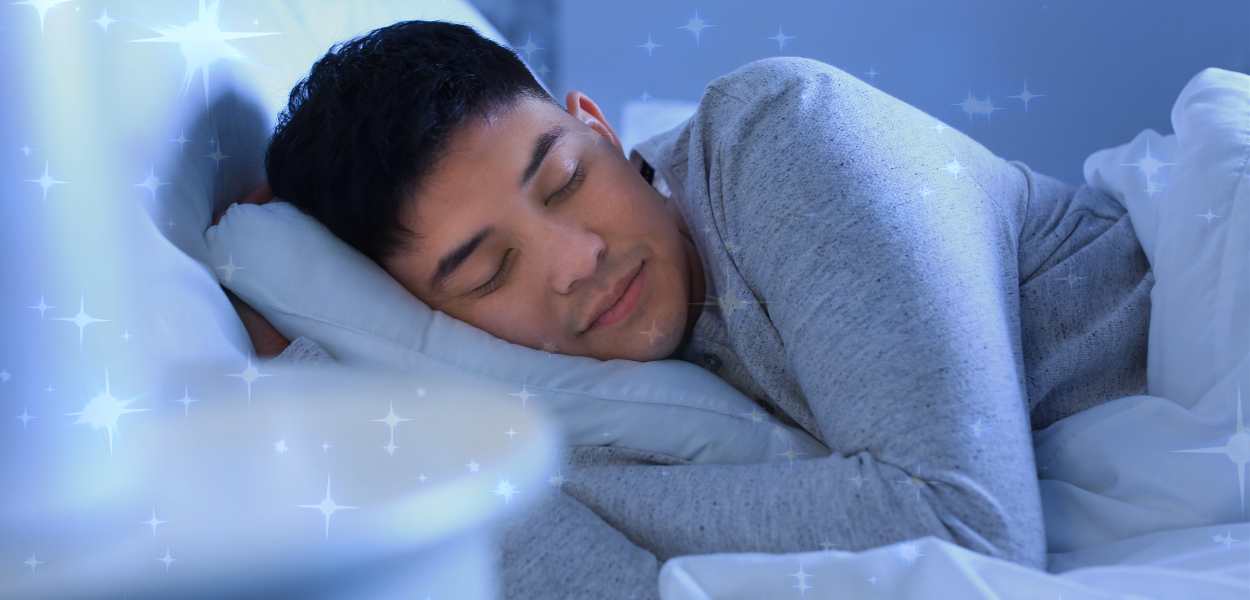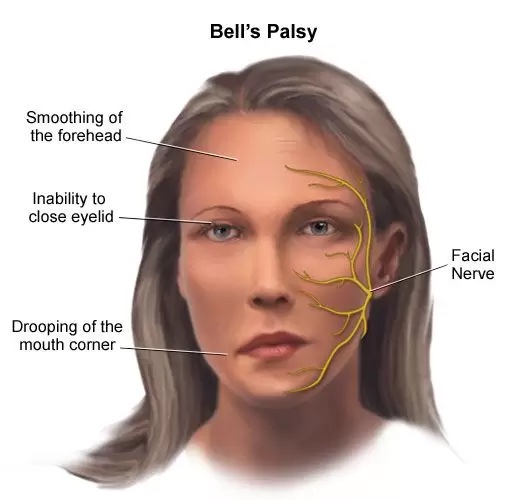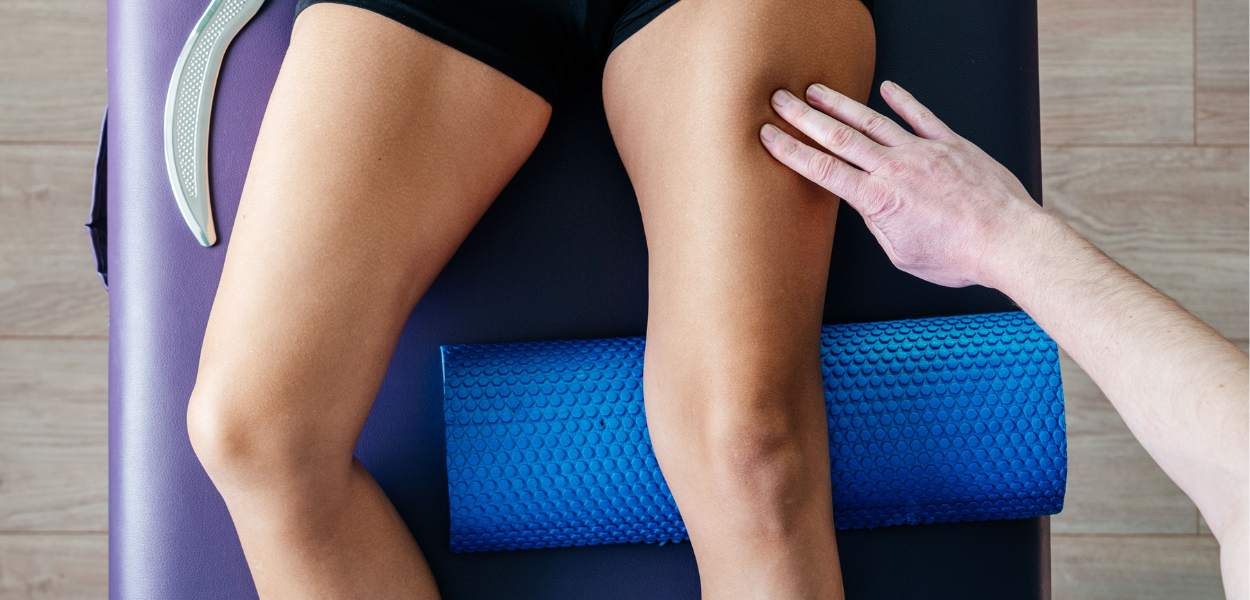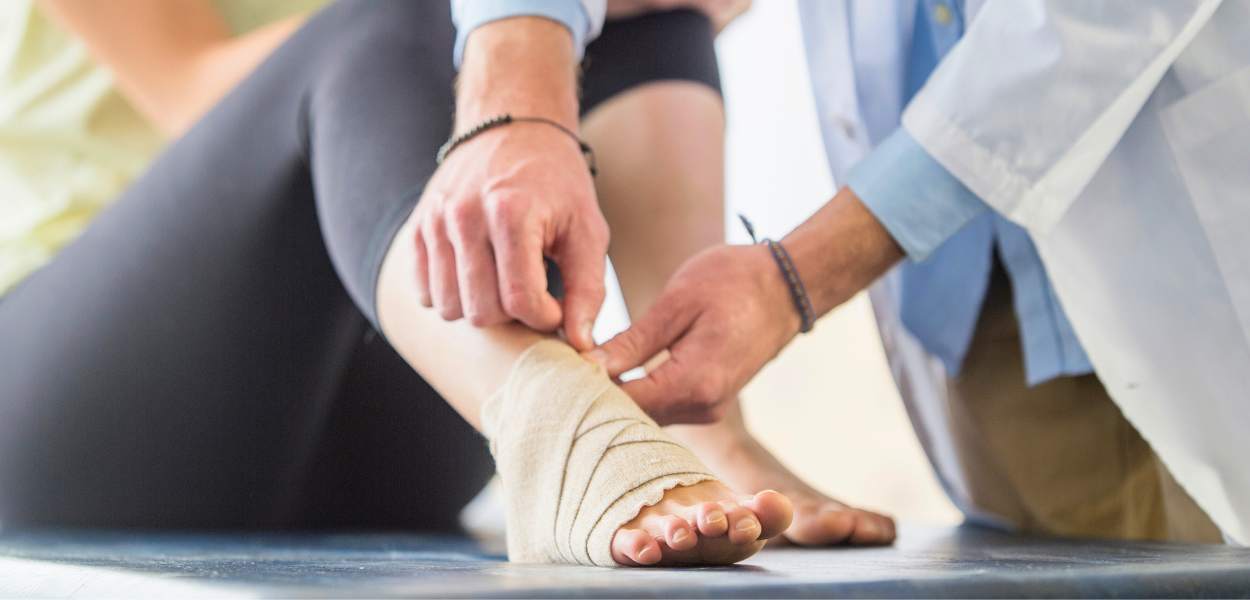Proven Tips for Better Sleep

One of the most underrated forms of recovery from injury and to cope better with the ongoing demands of our daily life is sleep. The quality of your sleep affects your mind and body significantly, so its importance cannot be overstated.
Why Is Sleep So Important?
It is when you are sleeping that the body heals to help support your brain and body. At night, the body releases hormones that help build muscle mass and repairs tissues in muscles, bones, and blood vessels. These hormones can even fight off any diseases and inflammation.
From a physiotherapist’s standpoint, sleep is very important for healing and repairing body tissues like muscles and bones. Sleep initiates the repair and recovery process after an injury, or an intense exercise session / workout.
Unfortunately, sleep problems are prevalent in the global population. Recent estimates predict that over one third of adults suffer from sleep problems. Not getting enough sleep can lead to the following issues:
• Reduced alertness
• Shortened attention span
• Slower than normal reaction time
• Poorer judgement
• Reduced decision-making skills
• Poorer memory
• Increased moodiness and bad temper
• Loss of motivation
Long-term sleep deprivation also raises the risk of developing chronic illnesses such as diabetes and cardiovascular diseases.
Strategies for Better Sleep
Optimal sleep is to be sought after and promoted in terms of both the quantity of our sleep and the quality of our sleep. Sleep hygiene is the term used to describe good sleep habits. There are many ways to enhance our sleep hygiene.
Apart from trying to get 7-9 hours sleep each night, here are some evidence-based strategies you can use to improve sleep hygiene and achieve a good night’s sleep!
Set Consistent Wake-Up Times
The current data suggests sleep timing regularity has a direct influence on our circadian rhythms, or our 24 hour ‘body clock’. Getting up at the same time every day can improve these hormonal rhythms regardless of the time we go to bed. Also, it is important to go to bed when we feel sleepy rather than adhering to a strict time to get to bed.
Cool the Room Temperature
A warm room temperature can affect the amount of rapid eye movement (REM) sleep we can achieve. Setting the room temperature between 16C and 20C has been shown to be the ideal temperature range to synchronize with our own internal body temperature and optimize our circadian rhythms. Wear pyjamas and use blankets to get cozy and comfortable every night.
Keep Your Room Dark
Cover windows with blinds or curtains to avoid streetlights or sunlight entering. Removing electronic devices that emit light such as computer monitors, blinking lights or phones is very easy to do. And consider wearing an eye mask to prevent any light disturbing your sleep.
Keep Your Room Quiet
Try to keep your bedroom free from noise that may distract you from falling asleep, or noise that will wake you up in the middle of the night. Keep gadgets that may buzz or beep away from our bedrooms and consider a white noise machine or earplugs if we are unable to block out noises made by others.
Get Some Exercise
It is conclusive that those of us who engage in regular exercise achieve significantly larger durations of quality REM sleep than those people who are inactive and sedentary. Recent research suggests that low to moderate intensity exercise performed close to bed time does not reduce the quality of our sleep and may even improve it due to the body-heating and anti-depressant effects of exercise.
Don't Overdo Naps
Naps are certainly help to regain energy during the day or to catch up on some sleep, but they can potentially affect your sleep at night. To make the most of your nap, try to keep naps relatively short (10 – 20 minutes) and take them in the early afternoon (between 1pm to 3pm).
Other Strategies for Better Sleep
Other strategies that have been show to positively affect the quality and quantity of our sleep include:
– avoiding caffeine and excessive alcohol up to 4 hours prior to bed time
– avoiding the use of electronic devices 1 hour prior to bed time
– reading a book and/or listening to peaceful music 30 minutes prior to bed time
– having a warm shower prior to bed time
– trying not to drink too much fluid at least 2 hours prior to bed time
How Does Physiotherapy Help With Sleep?
A physiotherapist can help with musculoskeletal conditions that can cause sleeping problems, whether it is due to injuries and pain in your back, neck, shoulders or knees.
During the initial consultation, we will get to understand your unique situation and any pre-existing conditions that are impacting your sleep habits. From there, we work closely with you to create a customised treatment plan that will help you improve your sleep habits and get back to having a good night’s sleep!
Physiotherapists can also advise on maintaining a better posture and/or regular exercise routine, as well as consultation on your pillows, and mattresses – all relevant factors that affect sleep quality.
We Can Help With Your Sleep!
If you have been experiencing problems sleeping, physiotherapy might be the solution you’ve been looking for.
Our team of physiotherapists can develop a custom treatment plan for you to help you improve your sleep habits.
For more information, contact us at +852 2530 0073, or email appt@sportsandspinal.hk.
References
Buysse, DJ. 2014. Sleep Health: Can we define it? Does it matter? Sleep. 37(1): 9-17. Irish, LA et al, 2015. The Role of Sleep Hygiene in Promoting Public Health: A Review of Empirical Evidence. Sleep Medicine Reviews. 22: 23-36.




